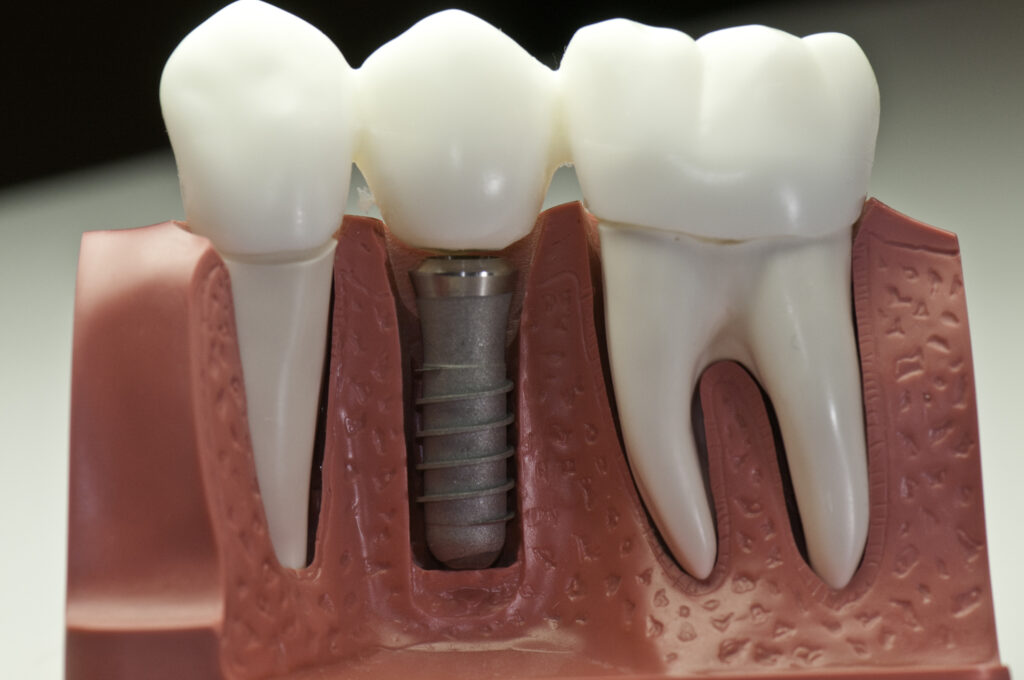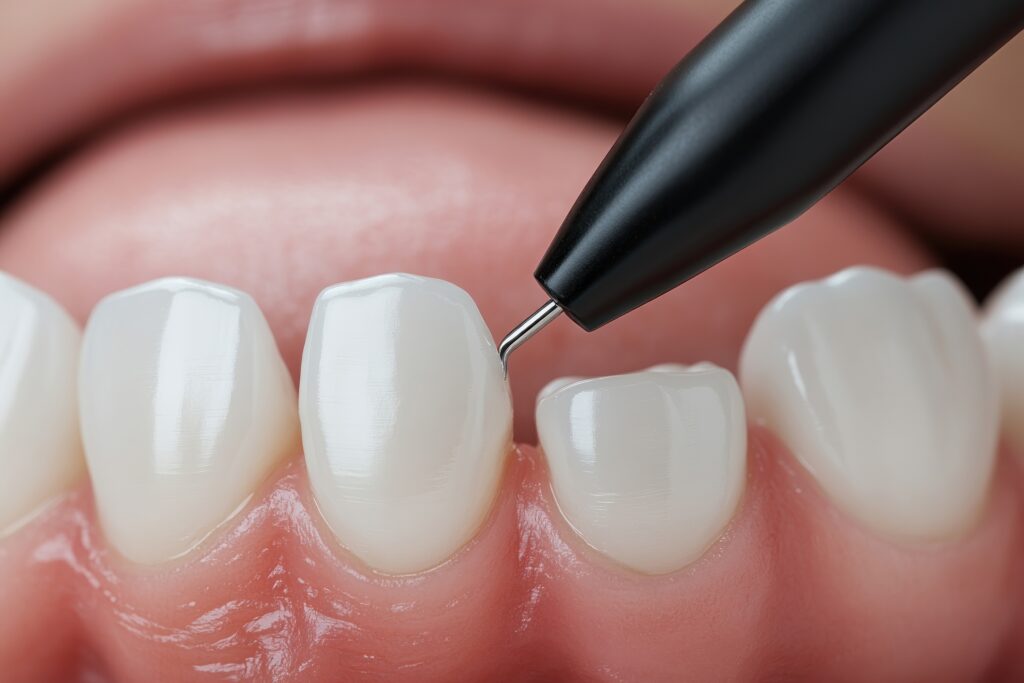Maintaining good oral health is more than just brushing and flossing—it requires professional care from a dental provider you trust. The quality of care you receive can have a lasting impact not only on your smile but on your overall health. From preventing gum disease to detecting early signs of oral cancer, a skilled dental provider plays a crucial role in your wellness journey. But how do you find the right one for your specific needs? This article explores the essential factors to consider when selecting a dental provider, ensuring your experience is both comfortable and high-quality.
Understanding Your Dental Needs
Before you even begin researching providers, it’s important to identify your specific dental needs. Are you simply looking for regular check-ups and cleanings, or do you require more specialised care? General dentists offer services like fillings, crowns, and preventative care, while specialists such as orthodontists, periodontists, or oral surgeons handle complex treatments like braces, gum disease therapy, and dental implants.
Family situations also play a role. Parents often seek a family dentist who can treat both children and adults in a single practice. Others may prioritise cosmetic treatments, such as teeth whitening or veneers, which may require a dentist with aesthetic expertise.
If you live in a specific region, it’s also worth narrowing your search locally by searching denture repair near me. For example, if you’re based in southern Ontario, looking for a qualified Dentist in Hamilton ensures proximity and easier scheduling, which can be especially valuable in dental emergencies.
Qualifications and Credentials Matter
A reputable dental provider should have proper education from an accredited dental school, followed by licensure through a national or regional dental board. These qualifications are the minimum indicators of competency, but excellent providers often go further. Many pursue postgraduate certifications or attend continuing education courses to keep up with emerging techniques and technologies.
Specialists should have additional training in their fields. For example, an endodontist performing root canals should have completed several years of focused residency training beyond general dental education. Patients are encouraged to ask about these qualifications or look them up through licensing boards or professional directories.
Reputation and Reviews
In today’s digital age, researching a provider’s reputation is easier than ever. Online platforms offer insights into other patients’ experiences, including everything from professionalism and bedside manner to wait times and billing transparency. Reviews aren’t just about star ratings; reading detailed feedback can help paint a clearer picture of what to expect.
That said, personal recommendations remain one of the most trustworthy sources of information. Hearing directly from friends, family, or co-workers about a dentist they trust can carry more weight than anonymous online reviews. Healthcare professionals like family doctors may also provide referrals based on their network of trusted colleagues.
Technology and Treatment Techniques
The tools and techniques a dental provider uses can significantly affect your experience and outcomes. Clinics equipped with modern technologies—such as digital X-rays, 3D imaging, or laser dentistry—offer more precise diagnoses and less invasive procedures. For example, digital impressions eliminate the need for messy moulds when creating crowns or orthodontic appliances.
Treatment comfort is also enhanced by advanced tools. Many modern dental offices use electric handpieces for quieter drilling or offer same-day crowns with CAD/CAM technology. The provider’s ability to explain and implement these innovations reflects their commitment to improving patient care and staying ahead of the curve.
Office Environment and Patient Experience
A visit to the dentist should never feel stressful or intimidating. When assessing a dental practice, take note of the cleanliness and overall organisation of the space. A clean, well-kept office isn’t just a matter of comfort—it reflects the clinic’s adherence to health and safety standards, including sterilisation protocols for instruments and surfaces.
Patient experience extends beyond clinical care. Are the staff friendly and responsive? Is the front desk helpful with scheduling or answering questions? A warm, communicative environment helps build trust and fosters long-term patient relationships.
Financial Transparency and Insurance
Dental care is a significant investment in your health, so transparency around costs is essential. A trustworthy provider should be upfront about pricing, providing estimates before treatments, and explaining what’s covered under your insurance. Ask if they submit insurance claims on your behalf and whether they’ll help you understand your benefits.
Some practices offer in-house membership plans or financing options like monthly payment plans or third-party lenders. These options make it easier to afford treatments without sacrificing quality. Avoid clinics that are vague about billing practices, as unexpected costs can strain your budget and your trust.
Conclusion
Choosing the right dental provider is a deeply personal decision, one that goes far beyond a list of services or clinic hours. From understanding your specific needs to evaluating technology, communication, and financial transparency, each consideration plays a part in shaping your experience and outcomes. When you find a dental provider who prioritises patient-centred care, embraces innovation, and communicates with compassion, you’re not just investing in a healthy smile—you’re investing in your overall well-being.
Disclaimer
The content provided in this article is for informational purposes only and should not be considered medical or dental advice. Open MedScience does not endorse or recommend any specific dental provider, product, service, or treatment mentioned or implied in this publication. While every effort has been made to ensure the accuracy and reliability of the information at the time of writing, it is not a substitute for professional consultation with a qualified dental or healthcare provider. Always seek the advice of a licensed dental professional with any questions you may have regarding your oral health needs or before making any decisions about your dental care. Open MedScience is not responsible for any outcomes resulting from the use or interpretation of the information contained in this article.
home » diagnostic medical imaging blog » Dentistry »



